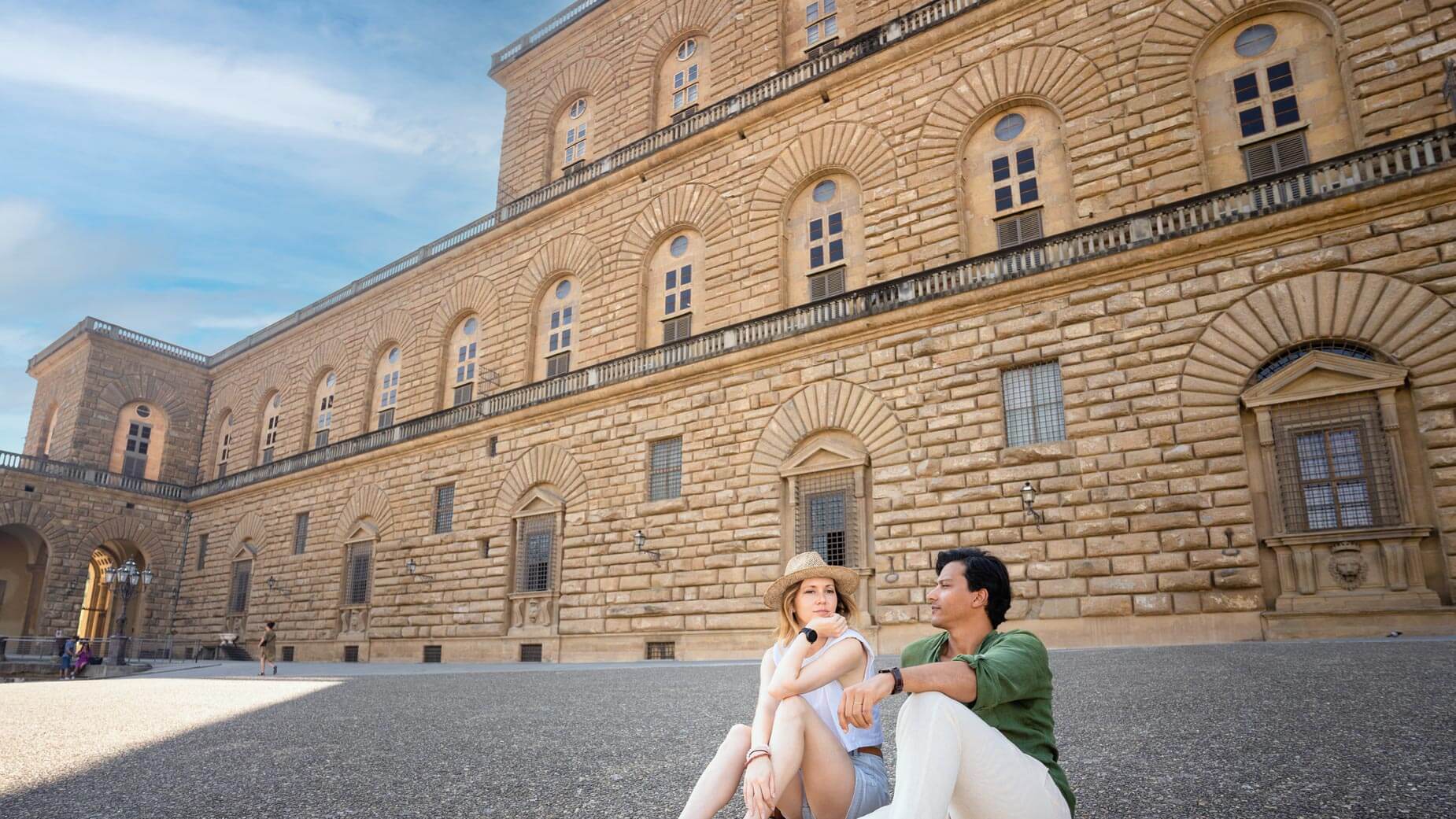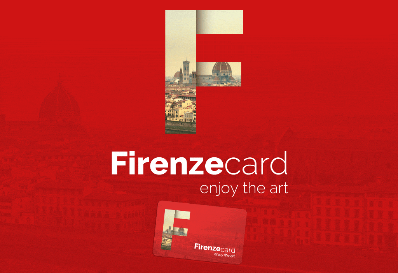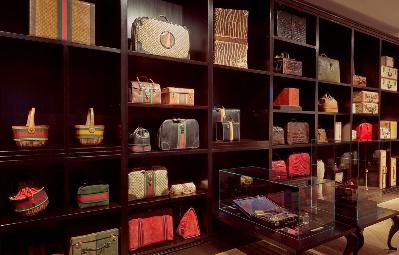
FirenzeCard favorites beyond the basics
With the museum pass for the city of Florence it is possible to discover much more than the great classics.
Visit the Lesser Known Museums of Florence with Firenzecard
If you're traveling to Florence and plan to visit more than a few of the city's famous locations and monuments, FirenzeCard is your golden ticket. This pass is a one-time purchase that grants access to over 60 museums in Florencey and surrounding areas. While, of course, it includes the major players – a certain Michelangelo - carved marble giant at the Accademia Gallery, for one! – it also provides the opportunity to explore some of the Renaissance city's lesser-known attractions, since the long list includes museums you may not have discovered on your own. Here are a few of our favorites – short on crowds, big on impact.
FirenzeCard Restart
By purchasing FirenzeCard you will be entitled, free of charge, to an additional 48 hours to visit all the museums on the circuit that you could not see.
How does Firenzecard Restart work?
Here's how it works. Once your FirenzeCard has expired, you can immediately activate the Firenzecard Restart offer if you are still in the city or within 12 months from the purchase of the card. Come back to Florence within 12 months and the museums you have not visited will still be available with priority access for 48 hours! Read more, Find out more about FirenzeCard.
Civic museums
The different collections of the Florentine civic museums are mainly kept in ancient buildings: Palazzo Vecchio and Santa Maria Novella museums, the Fondazione Salvatore Romano, located at the Santo Spirito cenacle, Stefano Bardini museum and Museo Novecento, located at the Spedale delle Leopoldine in Santa Maria Novella square.
The Bargello Museum
The Bargello National Museum is housed in the historic Palazzo del Podestà in Florence. In 1865, the important building became the first National Museum dedicated to the arts of the Middle Ages and the Renaissance. On the ground floor, you can admire the iconic courtyard and the Sala di Michelangelo with sculptures by Buonarroti, Cellini, Giambologna, and Ammannati; on the first floor, the famous Sala di Donatello exhibits his bronze, David.
Palazzo Pitti
Built on the orders of a Florentine merchant and banker named Luca Pitti, the palace was bought by Cosimo I de' Medici and his wife Eleonora di Toledo in 1549 to become the new ducal residence and center of the Medici court (this was when the name of Palazzo della Signoria was changed to Palazzo Vecchio).
Since then, all the reigning families have lived here: the Medici, the Lorraine, and, finally, the Savoy, when Florence was the capital of the Kingdom of Italy. Today, Palazzo Pitti is the home of an incredible museum complex, including the Palatine Gallery and the Royal Apartments, the Gallery of Modern Art, the Treasury of the Grand Dukes, and the Museum of Costume and Fashion. Read more, click here.
Museo Marino Marini and Museo Stibbert
When you tire of Renaissance art, turn to Tuscany's 20th century scene. One of the key figures was a Pistoia-born sculptor named Marino Marini, well-known for his monumental bronze and plaster works, particularly of horses. Near Statuto neighborhood, an area of Florence easy to reach by the tramway, you will find Museo Stibbert: a singular museum is a sight to see, a noteworthy collection known especially for its ancient armor, weapons, and costumes collection, whose rarity and size make it unlike anything else. Read more, click here.








 All the services are provided by local merchants
All the services are provided by local merchants By using this site you support Florence
By using this site you support Florence We offer products with high-quality standards
We offer products with high-quality standards You stay sustainable
You stay sustainable It's a 100% trustworthy website
It's a 100% trustworthy website